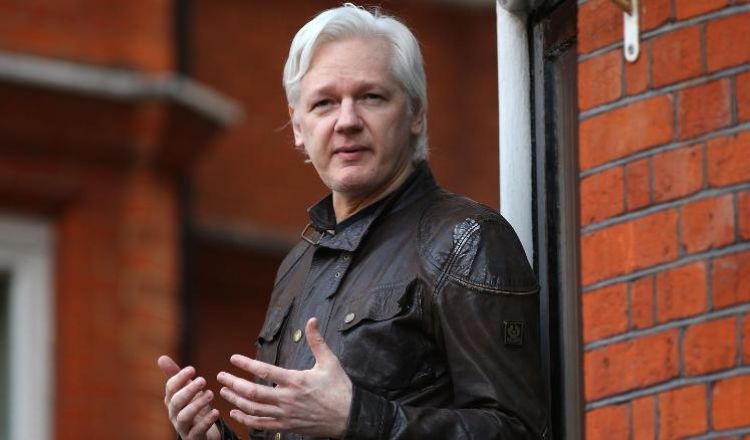Assange’s Extradition Would Be a Nail in the Coffin of Press Freedom
2022-04-21 11:55

Assange’s Extradition Would Be a Nail in the Coffin of Press Freedom
- By John Rees-tribunemag
-
The Supreme Court has refused Julian Assange permission to appeal against extradition to the US – setting a precedent that endangers every journalist whose work threatens the interests of empire.
If Julian Assange had been convicted of manslaughter, he would very likely be out of jail by now. Manslaughter convictions can result in as little as two years served in jail. The maximum is ten. Those sentences are typically not be served in a high security prison.
Julian Assange, convicted of no crime, has not been at liberty for over a decade and is currently about to enter his fourth year imprisoned in the UK’s most draconian jail, the high security Belmarsh prison.
The decision of the Supreme Court to refuse to hear Assange’s latest appeal virtually ensures that he will spend at least the next year in jail.
During that time his lawyers will launch another attempt to free him.
The Supreme Court’s decision on Monday prevented Assange from challenging the latest ruling in the High Court, in which the lawyers acting for the US successfully overturned an earlier decision against extradition given at the end of the only full hearing the case has had in Westminster Magistrates Court.
In that decision, given at the start of 2021, the judge ruled that although all the political grounds in which Assange had claimed he should not be extradited were invalid, he should nevertheless not be offered up for extradition because the oppressive nature of the US prison system would put him at risk of suicide.
This was the decision that the US appealed to the High Court. The High Court upheld the US appeal, ruling that extradition should go ahead, on the grounds that the US had given assurances that Assange would be well treated in the US prison system.
Assange’s lawyers challenged this by arguing that the assurances had not been given in the main hearing and therefore had not been tested by argument in court. The Supreme Court have just brushed that aside and essentially ruled that such assurances must be taken at face value whenever they are given, and that there is no necessity for them to be argued in front of a judge.
That decision creates a dangerous precedent that can be used by any regime from Saudi Arabia to China as they pursue political dissidents here in the UK. At a stroke, it makes political opponents of authoritarian regimes unsafe in Britain.
However, the Assange cause still has a fighting chance in the courts. There are limited grounds on which Home Secretary Priti Patel has to consider objections to the extradition. And even if she dismisses these, as seems likely, Julian Assange’s lawyers can then launch a fresh appeal to the High Court to overturn the parts of the original decision on which they lost.
These are actually the most political and substantive parts of the case. They deal with whether or not there was a public interest defence for publishing the material that Assange put into public circulation. They also deal with whether this is a political case. Such cases are supposed to be inadmissible under the extradition treaty. If they were not, every tinpot dictatorship on the planet would be hunting down its opponents using the treaty to get their hands on them. They deal with the most fundamental issues of freedom of the press.
Assange’s supporters are by now well used to the Byzantine processes of the legal system. They recognise that ‘lawfare’ is being used to wear down both Assange personally and the campaign to defend him.
That must not happen. During the course of this appeal, the court of public opinion has swung in Assange’s favour. The prosecution’s lead witness has admitted that he lied to the court, and CIA plans to kidnap or kill Assange have been publicly exposed.
Meanwhile, an extraordinary virtual auction raised huge funds from thousands of supporters to pay the legal costs of the case. A new crowdfunding appeal has now been launched to meet the costs of future political campaigning.
In a political environment where dissident and alternative voices are being suppressed, it is more important than ever that this signal case of free speech is not lost. Freedom of speech and a free press are under threat. They must be defended.









